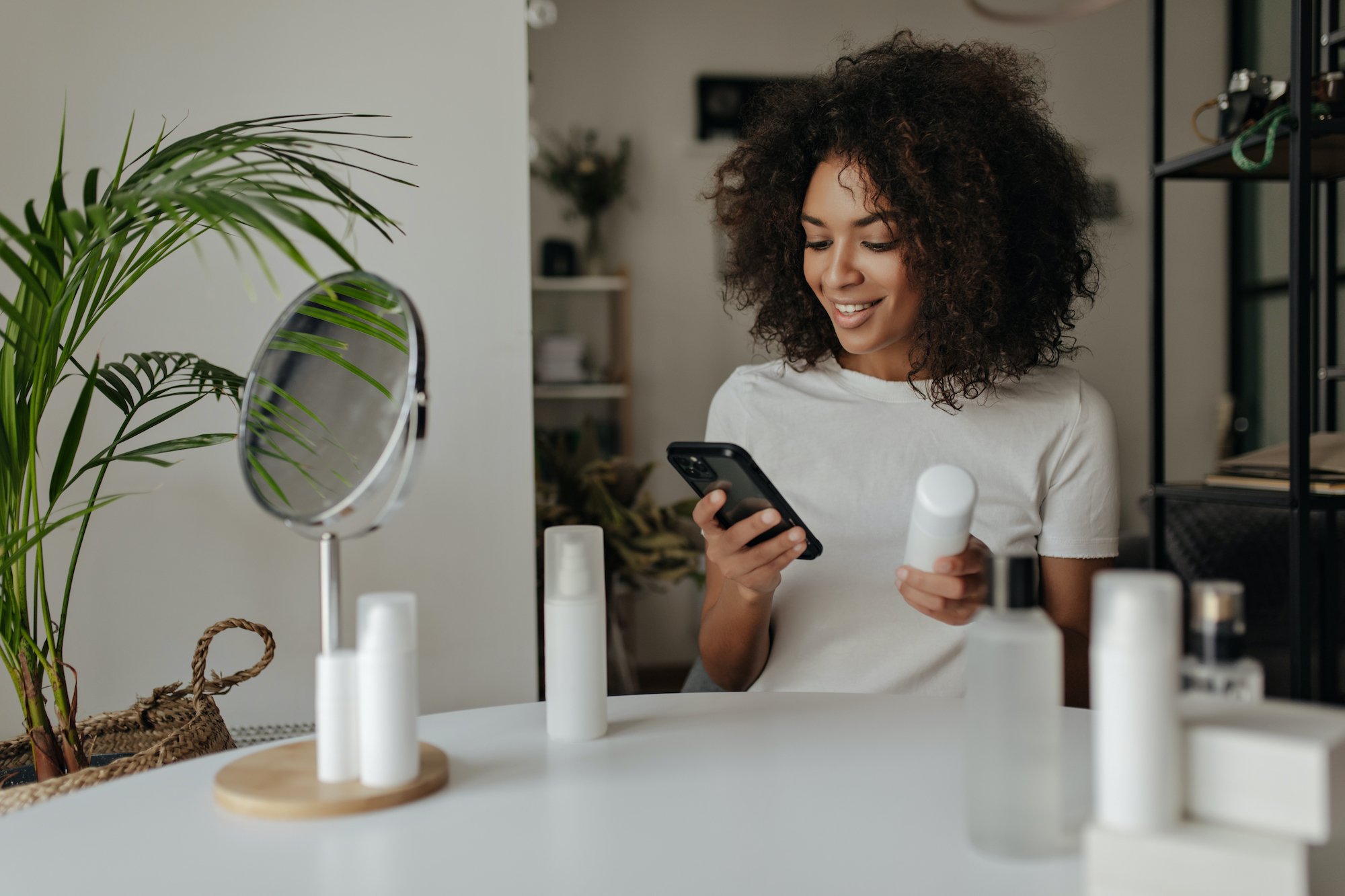Today’s Successful Beauty Campaigns Leverage These Industry Trends
Marketing in the beauty space has always been about being ahead of the curve. Taking the temperature of the cultural climate to see what’s on the horizon will give you a crucial legup when it comes to crafting beauty content that speaks to what people are craving.
An attitude shift in the beauty space and the country at large is leading to more genuine and trustworthy content that speaks to the values and causes that beauty consumers support. This has grown out of awareness brought on by recent social justice movements which served to unite young people around an ideal to live a holistically progressive and more accepting lifestyle. This also means that perfection is no longer the goal.
Instead, consumers are looking to celebrate their differences and accentuate their individuality. As usual, younger generations are leading the charge and paving the way for an industry-wide pivot, perhaps one that’s long overdue.
Here’s what’s next in beauty marketing.
Inclusivity is leading the way
For beauty brands today, inclusivity is a must. Gen Z consumers are increasingly demanding beauty brands take a more diverse and progressive approach. Strict and exclusionary views are no longer tolerated, and in turn, brands are looking to reflect a positive message to speak to a larger customer base. In August of 2020, Instagram even altered its guidelines to lessen effects that promote cosmetic surgery. Face-shape changing effects are also no longer promoted, representing a resolve to stop producing unrealistic images known to have harmful effects on users' self esteem.
A shift to skincare
Lifestyle changes during the pandemic gave people the time to develop a skin regimen, and research indicates that a desire for hygiene and self care led to increased interest in healthy, natural looking skin. This has prompted a shift away from color cosmetics and towards skincare. This evolution is cross generational, though the trend is strongly linked to Gen Z, who are adopting more self confidence and higher levels of self-acceptance. This includes a growing interest in skin positivity. The budding phenomenon is quickly spreading and defining a push to move away from retouched imagery and terms like “flawless” or “ageless” skin.

An authentic connection
Gone are the days where a brand could make a half-hearted pledge to support a cause and get away with it. Authentic marketing means audiences these days are looking for brands who they would consider their friends, aligning with their moral code and ethics. As the most ethnically and racially diverse generation in the country, Gen Z is demanding marketing campaigns that listen and acknowledge their desires for a more progressive and accepting planet.
Older Generations Matter
Though many trends are driven by the youngest customers in the beauty world, older consumers have the most purchasing power and therefore hold many of the cards. In research done over the last several years, Millennials are more discerning and apt to explore different brands to make them look their best. Alternatively, Baby Boomers reveal that their biggest goal when searching for new beauty products includes a desire to feel their best. Additionally recent research suggests that Boomers actually greatly value a brand’s sustainability, putting that at the top of a list of factors they use to narrow down their product picks.

